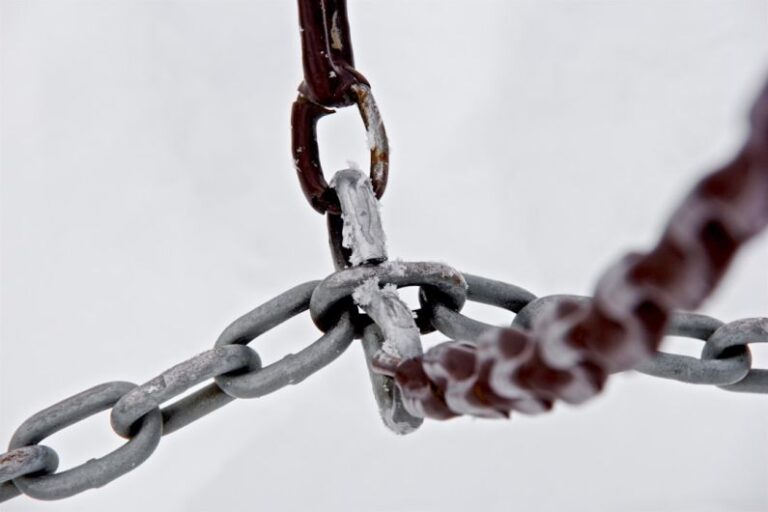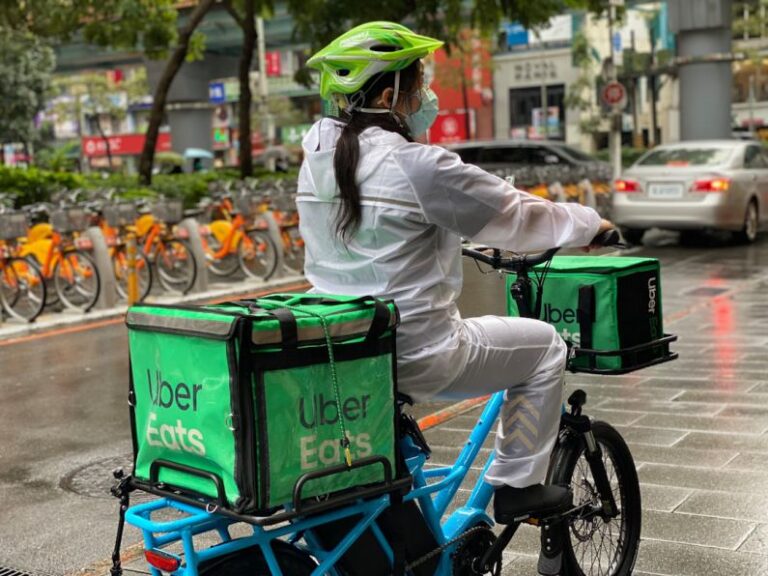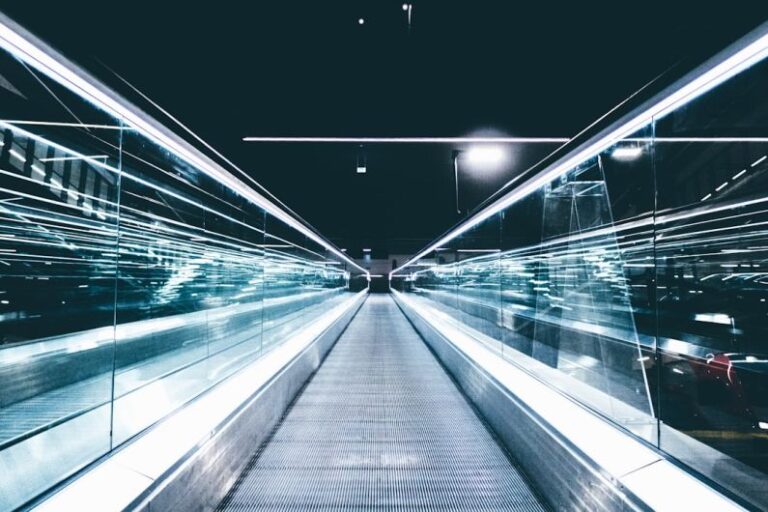How Consumer Expectations Are Shaping Logistics
Consumer Expectations Driving the Evolution of Logistics
In today’s fast-paced and highly competitive market, consumer expectations are playing a pivotal role in shaping the logistics industry. The rise of e-commerce, the demand for quicker delivery times, and the emphasis on sustainability have forced logistics companies to adapt and innovate to meet the evolving needs of consumers. In this article, we will explore how consumer expectations are driving significant changes in the logistics sector.
The Shift to E-Commerce
The increasing popularity of online shopping has transformed the way consumers interact with businesses. With the click of a button, consumers can order products from around the world and have them delivered to their doorstep within days. This shift to e-commerce has put pressure on logistics companies to optimize their processes to meet the growing demand for fast and efficient delivery services.
Consumers now expect real-time tracking updates, seamless delivery experiences, and flexible delivery options. In response, logistics companies have invested in advanced technology such as GPS tracking, route optimization software, and automated warehouses to streamline their operations and improve the overall customer experience.
The Demand for Quicker Delivery Times
In today’s “instant gratification” culture, consumers expect their orders to be delivered faster than ever before. The rise of same-day and next-day delivery services has become the new norm, with companies like Amazon setting the standard for speedy and reliable deliveries. This shift in consumer behavior has forced logistics companies to reevaluate their supply chain strategies and find ways to expedite the delivery process.
To meet the demand for quicker delivery times, logistics companies are implementing innovative solutions such as drone delivery, autonomous vehicles, and micro-fulfillment centers. These technologies enable companies to deliver products to customers faster and more efficiently, ultimately enhancing the overall customer experience.
The Emphasis on Sustainability
As consumers become more environmentally conscious, there is a growing demand for sustainable logistics practices. Consumers expect companies to prioritize eco-friendly initiatives, reduce carbon emissions, and minimize waste throughout the supply chain. In response, logistics companies are adopting green logistics strategies to minimize their environmental impact and meet the sustainability expectations of consumers.
From electric vehicles and alternative fuels to eco-friendly packaging and recycling programs, logistics companies are making significant efforts to reduce their carbon footprint and operate in a more sustainable manner. By aligning their practices with consumer expectations for sustainability, logistics companies can not only improve their brand reputation but also contribute to a more sustainable future for the planet.
Adapting to Changing Consumer Expectations
In conclusion, consumer expectations are driving a significant evolution in the logistics industry. The shift to e-commerce, the demand for quicker delivery times, and the emphasis on sustainability are reshaping the way logistics companies operate and deliver services to consumers. To stay competitive in today’s market, logistics companies must continuously adapt and innovate to meet the evolving needs and expectations of consumers. By embracing technology, optimizing processes, and implementing sustainable practices, logistics companies can not only meet consumer expectations but also drive growth and success in the ever-changing logistics landscape.






